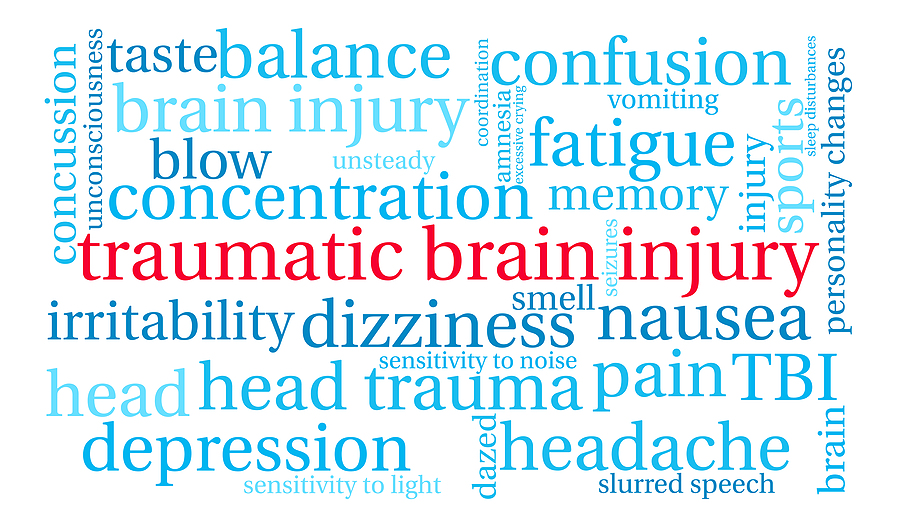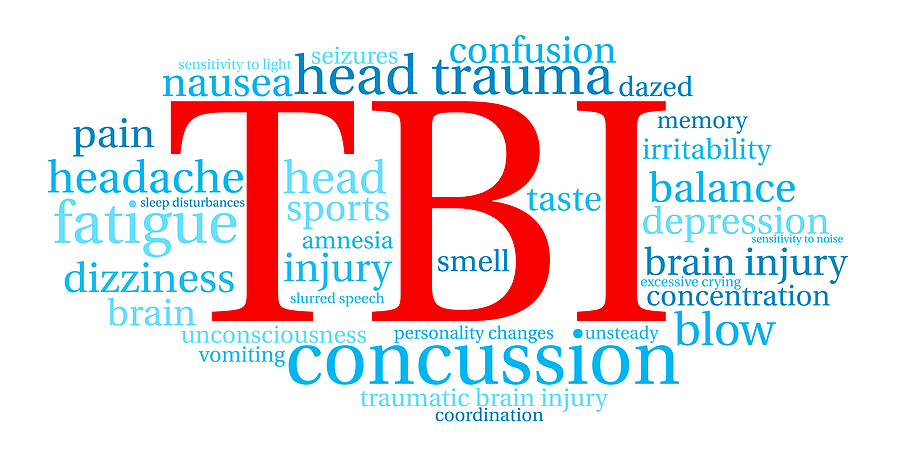Suffering a brain injury is a traumatic event that can have life-altering consequences. Whether incurred through medical malpractice, or due to another’s negligence, the impact of such an injury resonates not just through the individual affected, but also through their immediate circle of family and broader community.
For those in Indiana who find themselves facing this challenge, understanding the legal recourse available to them can be an invaluable step toward regaining control and securing their future. Today, dive into this blog post to learn more about the personal injury compensation process for brain injury victims in Indiana.

Understanding Traumatic Brain Injuries
Brain injuries come in varied forms, each with its own spectrum of effects. Traumatic Brain Injuries (TBIs) result from sudden trauma, such as an auto collision, construction injury, fall or medical malpractice, causing damage ranging from mild concussions to severe and lasting cognitive impairment. The classification may include open or closed head injuries. Open head injuries result from a fractured skull or a foreign object penetrating the brain, they often lead to extensive damage in localized areas.
Closed head injuries occur when the head experiences a blunt force with no penetration, they may cause damage spread out across the brain and can be hard to diagnose initially. You can also sustain a closed head injury even without anything impacting the head, as the brain can strike the skull through force in, for example, an auto collision whose forces push and pull the brain into the front and rear of the skull.
The Extensive Impact of Severe Head Injuries
The consequences of a brain injury can transgress the physical and extend into the cognitive, emotional, and even behavioral domains. Victims may experience:
► Cognitive Impairment: Challenges with memory, reasoning, or attention span.
► Motor Skill Deficits: Physical coordination and dexterity may be significantly affected.
► Personality and Behavioral Changes: The injury can alter one’s emotional regulation and personality traits.
► Social Challenges: Patients may find it hard to maintain personal relationships and struggle with social cues and norms.
► Financial Burden: The costs associated with treatment, rehabilitation, and long-term care can be substantial and impose a heavy financial toll on the individual and their family.
Seeking Brain Injury Compensation in Indiana
Indiana’s legal system provides avenues for seeking compensation when a brain injury is caused by another’s negligence. Personal injury laws in the state are designed to protect individuals’ rights, ensuring they receive fair compensation for their injuries and damages. Victims of brain injuries may be eligible for compensation if their injury can be attributed to the following:
► Accidents: Including car accidents, slips and falls, workplace accidents, and recreational mishaps.
► Medical Malpractice: When a healthcare provider’s negligence leads to injury.
► Assaults and Battery: Intentional acts causing injury may be subject to legal action for compensation.
Time Limit for Filing a TBI Claim
It’s important to note that Indiana, like other states, imposes a time limit on filing personal injury claims. The statute of limitations for such claims is typically two years from the date of the injury, but can be as little as six months, so swift action is crucial to protecting one’s right to compensation.
Immediate Steps to Take After a Traumatic Brain Injury
In the immediate aftermath of a brain injury, several steps can help support both the medical treatment needed and the future legal case:
❶ Seek Medical Attention
Prompt medical care can save lives and mitigate the severity of the injury. Contact 911 at the scene of the accident, or as soon as you suspect that you have an injury. Precisely follow all doctors’ orders, as you might have more than one medical professional over-seeing your treatment.
❷ Hire an Accident Attorney
Your brain injury attorney will do most things for you with regard to your case. Down below, we will further discuss the critical role of an Indianapolis TBI lawyer and their importance to your personal injury claim.
❸ Gather Evidence
If possible, collecting information and evidence related to the incident, such as photos, witness statements, and medical records, can be valuable for a potential claim. Again, your attorney will help but, for example, if there is a witness to an auto collision you should get their contact information quickly so they can be contacted by your attorney. In addition, photographs taken by anyone at the scene of the collision are always important.
❹ Notify Relevant Parties
Informing responsible parties or property owners in writing about the incident can ensure a record is established. If you slip and fall somewhere and are injured, call an ambulance, get photos of what caused you to fall, fill out an incident report, try to obtain witness and employee contact data and more. All of this information is evidence and valuable to help your attorney in proving liability in your case.
❺ Keep Detailed Records
Document all costs and impacts of the injury, from medical bills to lost wages and beyond. Make sure you send all medical bills you receive to your attorney. If you have to hire someone to help take care of you, keep receipts.
The Role of Legal Representation
In navigating the complexities of the legal process, enlisting the aid of a knowledgeable and experienced brain injury attorney in Indianapolis is a game-changer. A legal professional specializing in head and TBI injury cases will:
☑ Assess the Viability of Your Claim: An attorney can determine if your case has legal merit and what compensation you may be entitled to.
☑ Negotiate with Insurance Providers: Legal representation can effectively deal with insurance companies to secure fair settlements.
☑ Obtain All Evidence Needed to Prove Your Case: A brain accident attorney will seek out the evidence (i.e. photos, videos, testimony, documents, etc.) needed to help prove your case to the defendant’s insurance company and if no settlement is reached, to a jury for a verdict.
☑ Leverage Litigation If Necessary: If an out-of-court settlement is not possible, an attorney will represent your interests in court.
Conclusion
When facing the daunting prospect of life with a brain injury, the path to recovery is not only about medical treatments and rehabilitation—it’s also about securing the financial means to support that recovery and your family. Indiana’s legal system offers a means for brain injury victims to seek just compensation, but it’s a process that is best undertaken with the support of legal experts.
For residents of Indiana coping with brain injuries, the message is clear: you are not alone, and there is recourse available. By staying informed, seeking professional legal representation, and taking decisive action, victims of brain injuries can assert their rights and move forward with confidence toward a more stable and secure future.
If you or a loved one is a recent head or brain injury victim, do not hesitate to seek the counsel of a qualified and experienced professional. Contact Craven, Hoover, and Blazek P.C. at 317-881-2700 to schedule a free case consultation with a seasoned brain injury attorney in Indianapolis, Indiana. The support and expertise we offer can significantly impact the outcome of your case and your ability to rebuild your life. Unable to travel? No problem – we can hold meetings over the phone or via video conference. We can also make trips to your place of in-patient medical care or your home.
Related Posts:
How to Cope After a Head Injury: 10 Tips for Recovery
3 Primary Types of Cerebral Contusion in TBI Victims
How to Obtain Justice After a Loved One Suffers a Wrongful Brain Injury


